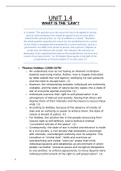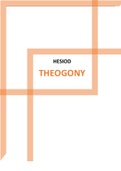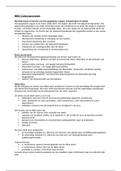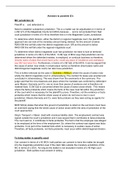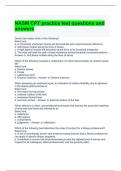Summary
Summary What is the 'Law'?
- Course
- LJUR4814 (LJUR4814)
- Institution
- University Of The Freestate (UFS)
Summaries and Notes for all the essay and other questions in the exam scope created with past paper memos for LJUR4814 - Jurisprudence.
[Show more]
